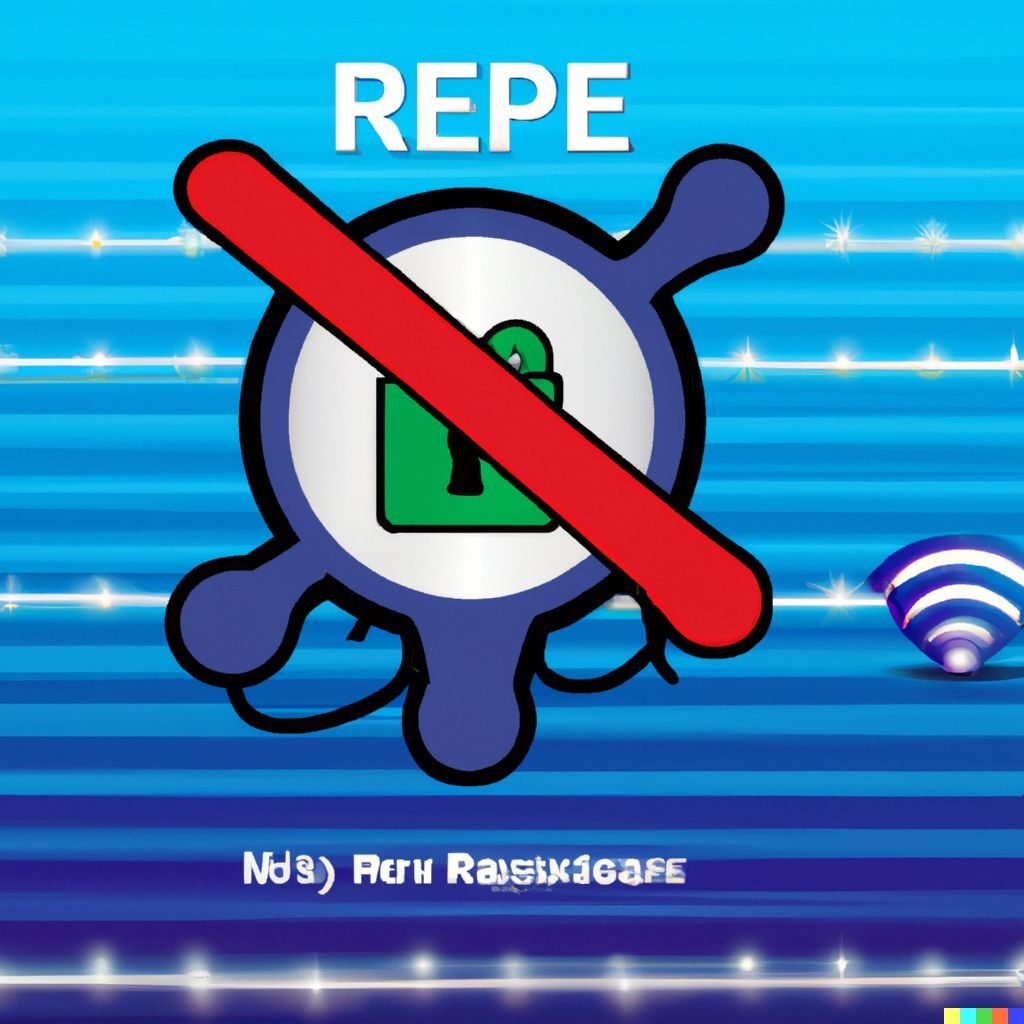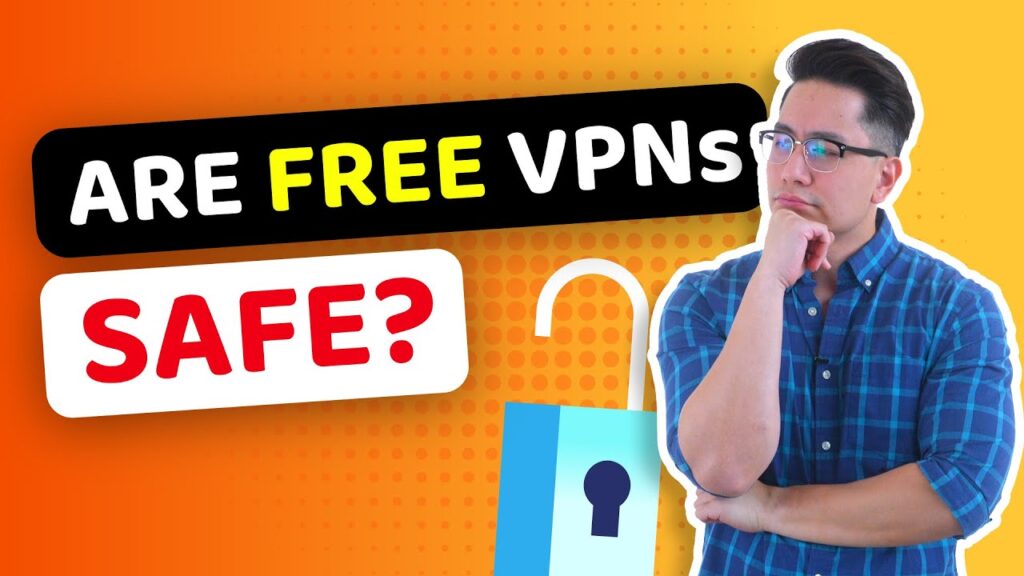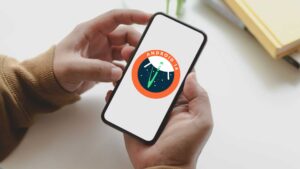Are free VPNs safe? We are living in the era of internet war where Hackers, Private and Government Agencies have all eye on your every movement. So Privacy and security are essential in the digital age.
There are many tools available like – Surfshark, that will help you protect your data from prying eyes. A Virtual Private Network (VPN) is one such tool. Free VPNs are becoming more popular as a cost-effective and easy way to protect your online browsing activities.
NOTE 📝 – “A virtual private network, also known as a VPN, is an important way to protect your privacy online. It’s especially useful when you log on from public spaces such as a coffee shop, airport lobby, library, or coffee shop.”
- Are Free VPNs Safe 2023?
- Things to know before using free VPNs:
- 1. Free VPNs have vulnerabilities and malware ✅
- 2. Free VPNs collect and sell your data
- 3. slowing down your internet connection
- 4. VPNs could allow the delivery of online advertisements
- 5. VPNs might hijack your browser
- 6. VPNs can permit governments to collect data from users
- 7. Free VPNs trigger CAPTCHA requests
- Conclusion
Are Free VPNs Safe 2023?
Before you can connect to the internet, you must first log in to a VPN provider. This ensures that no government agencies, hackers, or businesses can see your IP address while you search the internet.
VPN providers also protect your data by encrypting it, so no one can see which sites you visit, what files you download, and how you play games or stream videos.
Privacy is an important commodity in this era of digital tracking. Many smartphone users use free VPNs to achieve privacy.
Online, 25 million users of free VPNs were exposed to their personally identifiable information in 2022. As if accidental data exposure wasn’t enough, some VPN providers will even sell your data. A free VPN connection is clearly not the best way to solve your privacy problems.
This article provides insight into the complicated practices of free VPN providers. This article will help you understand why using a free VPN can be dangerous and what you should do to increase your online security.
Things to know before using free VPNs:
If you’re looking for a way to protect your online activity without paying – you can consider a free VPN, But VPNs that are free can be dangerous because they don’t protect your privacy but rather compromise it.
After that, If you’re considering a few VPNs, it’s smart to be aware of issues that could be related to free offerings, including these.
Here’s what you should know before using free VPNs:
1. Free VPNs have vulnerabilities and malware ✅

According to the 2016 CSIRO study, of the 10 VPNs most likely to be infected with malware, six were free ones.
It’s important to be aware that some free VPNs may have vulnerabilities that can be exploited by hackers or may contain malware that can infect your device.
- ⚠️ One potential risk of using a free VPN – it may not have undergone the same level of security testing as a paid VPN service. This means that it may have vulnerabilities that can be exploited by hackers to gain access to your personal information or to intercept your internet traffic.
- ⚠️ Another potential issue with free VPNs – they may contain malware, which can infect your device and potentially steal your personal information or damage your system. This is especially a concern with free VPNs that are offered by unfamiliar or untrusted sources.
✅ Our Suggestions: To minimize the risks of using a free VPN, it’s important to carefully research and choose a reputable VPN service that has a proven track record of security and privacy. It’s also a good idea to avoid free VPNs that require you to enter personal information or that have unclear privacy policies.
2. Free VPNs collect and sell your data

Many free VPNs make their money by selling users’ data to third parties or displaying ads, which can compromise your privacy.
- ⚠️ It’s important to be aware that some free VPNs may collect and sell your data to third parties. This can compromise your privacy and put your personal information at risk.
- ⚠️ Many free VPNs make their money by selling users’ data to third parties, such as advertisers. This means that your browsing activity and personal information may be shared with these parties without your knowledge or consent.
✅ Our Suggestions: To minimize the risk of your data being collected and sold, it’s important to carefully research and choose a reputable VPN service that has a proven track record of protecting user privacy.
3. slowing down your internet connection

You might find that your online connection is sluggish when you log onto the internet through a free VPN service. It is possible that using a free VPN could slow down your internet connection.
This can occur for a variety of reasons, including the following:
- ⚠️ Limited bandwidth: Many free VPNs have a limited amount of bandwidth that they can use, which can cause your internet connection to slow down.
- ⚠️ Server congestion: Free VPNs often have a large number of users, which can lead to server congestion and slow connection speeds.
- ⚠️ Poor server infrastructure: Free VPNs may not have the resources to invest in high-quality server infrastructure, which can also lead to slower connection speeds.
- ⚠️ Encryption overhead: Encrypting and decrypting data can take a lot of processing power, which can slow down your internet connection.
✅ Our Suggestions: If you are using a free VPN and experiencing slow internet speeds, it may be worth considering switching to a paid VPN service that offers more bandwidth, better server infrastructure, and fewer users.
4. VPNs could allow the delivery of online advertisements

Some free VPNs may display ads to their users or sell user data to third parties in order to generate revenue.
- ⚠️ Free VPN providers must earn money, and many of them do this by bombarding users with constant pop-up advertisements. It’s not just irritating, but it can slow the speed of your connection.
- ⚠️ Certain free VPN providers depend on advertising trackers, which record your online activities. HotSpot Shield VPN was an instance: In 2017 the Federal Trade Commission filed a complaint against the company, accusing it of privacy-related violations relating to the online advertisements it served.
- ⚠️ The complaint states that HotSpot Shield VPN used five tracking libraries and sold users’ information to third-party advertising companies. HotSpot’s parent company has denied the accusations and has since issued annual transparent reports.
✅ Our Suggestions: It is important to carefully read the terms of service and privacy policy of a VPN service before using it, to understand what data is being collected and how it is being used. It is also a good idea to research the reputation of the VPN provider and read reviews from other users to get an idea of their privacy practices.
5. VPNs might hijack your browser
Certain free VPNs could hijack the browser of your computer and direct you to various websites without your consent. Based on CSIRO research, HotSpot Shield did this to its customers by redirecting users to alibaba.com as well as ebay.com.
6. VPNs can permit governments to collect data from users
A study conducted by VPNpro discovered that the top 97 VPNs are run by 23 companies owned by their parent company, with a majority of these located in countries that have inadequate privacy laws.
The most alarming aspect of these findings is the fact that China has severe VPN restrictions. The VPN companies could be authorized by the state in which they are located to collect data from their users.
7. Free VPNs trigger CAPTCHA requests
The traffic of proxy servers that pass via the no-cost VPN servers will often generate CAPTCHA requests. These are the tiny images of buses crossing walks, boats, and other vehicles that are used to distinguish real humans from algorithms. So, if you choose to make use of a free VPN be prepared for being scrutinized by algorithms every day.
Conclusion
To conclude, protecting your security and privacy in this digital world is of the utmost importance. It is why a Virtual Private Network (VPN) is among the most effective tools for achieving this.
It is not just a way to shield your personal information from the eyes of the authorities however, it also gives you access to content that would otherwise be blocked in specific regions in the world.
The most important thing to do is do your research and select the VPN service that is able to meet all your needs. Spending the time to do this can be worth it in the end.







